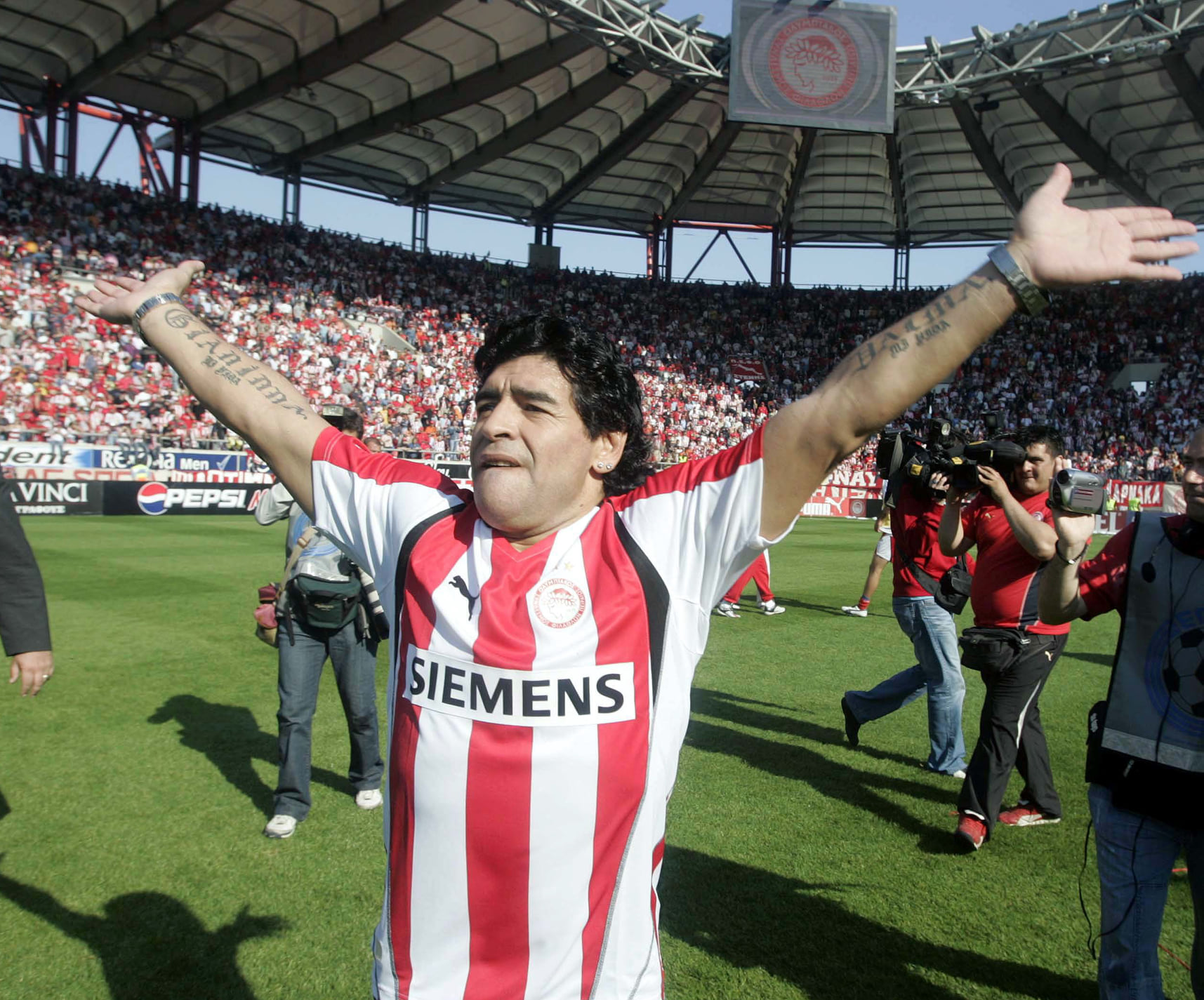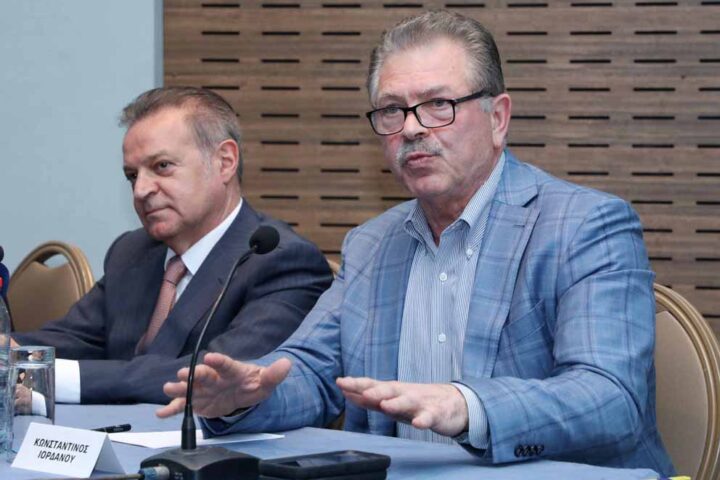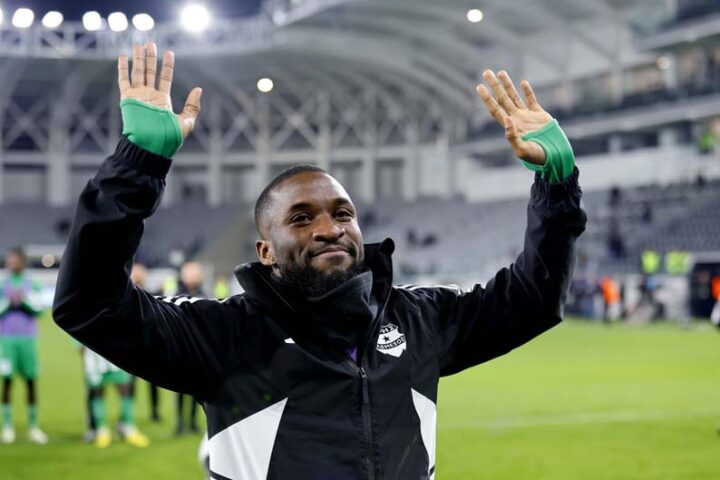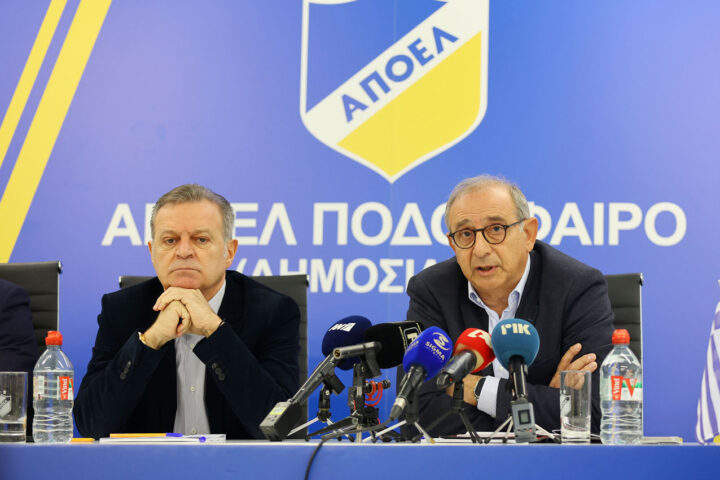There can be no part of planet earth untouched by the passing of footballing superhero and all-round national icon Diego Armando Maradona.
The great Argentinian transcends every sport and social strata, a man for the ages, an unlikely hero from a Buenos Aires shanty town with a God-given talent that will never be replicated.
Unless you are extremely young or living on another planet, Maradona was part of the cultural furniture fighting for the underdog.
He carried a nation on his shoulders in lifting the World Cup in 1986 and taking an ordinary Argentina side to the final in 1990.
A drab affair that saw Germany eventual winners with a penalty to decide the outcome.
Some will begrudge Maradona’s victory in 1986 as he infamously scored with the ‘Hand of God’ but his second goal against England in Mexico is arguably the goal of the century.
Diego was at the peak of his powers when he rocketed to superstardom.
Beating the English at their own game only four years after the Falklands War – his icon status secured in this life and the next.
Many would argue that Messi is a better player for his professionalism and example to the younger generation. He was unable to carry Argentina on his back to world domination.
For Argentines there is no argument on who is the greatest – the outpouring of grief in that country proves it.
But he was unpredictable, volatile, and developed an addiction to cocaine while in Napoli where he had dubious links with the Mafia and could not go out without being mobbed.
If Maradonna wanted to just be himself, he wasn’t allowed to be.
Some pressures or hangers-on come with the rarefied territory that the footballer inhabited.
If his hero status in Argentina is unrivalled, there is a special place for Diego in the heart of Neapolitans.
He went to Napoli from Barcelona in 1984 for a then world-record fee of £5 mln, instantly clicking with the supporters who saw him as one of their own.
Again the 5.5 ft genius carried Napoli to two Serie A titles – a unique achievement that only Diego could have pulled off with his magic feet.
He won two league titles in Italy when Serie A was considered the best championship in world football.
There was also European glory in winning the UEFA Cup for Napoli.
But the Argentine’s dazzling talent made him a target for the hatchet men who couldn’t lay a glove on him.
Too quick, too clever, too good.
No protection
The only way they could stop Maradona was by hacking him down with brutal force. He got no protection.
Later Maradona would say that because he took the hard knocks, refereeing changed to protect talented individuals such as Messi and Ronaldo.
Taking such a physical battering took its toll on the player given all kinds of dodgy substances to keep him playing.
If Maradona couldn’t protect himself, there was nobody around to do it for him while his health also suffered.
His treatment by the kickers and cloggers left him having to deal with the pain of his injuries.
He tried to make a comeback in the 1994 World Cup but was kicked out for taking an illegal substance to aid his weight loss.
Diego’s crazed, wide-eyed star when celebrating after scoring against Greece, most probably gave the game away.
It was a poor World Cup in the USA without him.
We only cherished Maradona the more he fell down the slippery slope of addiction.
We loved him because he wasn’t a manufactured superstar with glossy PR or social media superficiality.
He was street-smart, off-the-cuff, short, squat, looked nothing like a perfected athletic specimen but when it came to football, he walked on water.
Apart from being one of the greats of all time, he was also a football fan who loved to chant with the fans either watching his beloved Boca Juniors or Argentina.
Like George Best – who also died at 60 – his star was too bright, flashed too far, too fast to be caught by convention.
Both had the gift of agility, control, and ability to mesmerise on the pitch, unplayable, unforgettable artists, rebel footballers adored without conditions.
I had the privilege of watching Diego play for Spurs in a testimonial for Ossie Ardiles in a game against Inter Milan before the 1986 World Cup. (As a Chelsea fan only Maradona could entice me to White Hart Lane)
He was centre stage with standout talent, a player who did more during the warmup than most achieve in their careers.
Diego is now among the footballing gods, blessed to be in his presence, a loveable rogue who cared about the game and the people hustling to get by.










